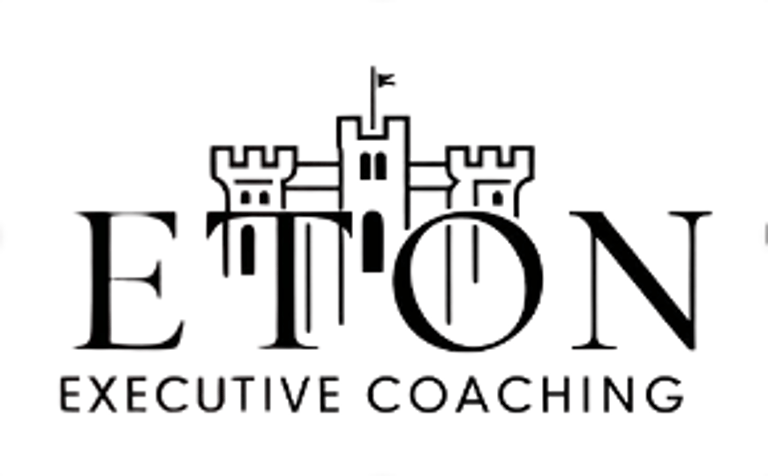Power Up
An Academic Perspective on Executive Coaching
2 min read


The Transformative Potential of Executive Coaching: An Academic Perspective
Introduction
Executive coaching has gained significant traction in recent years as a structured approach to leadership development, fostering enhanced decision-making, resilience, and strategic thinking. Grounded in psychological principles and organisational theory, executive coaching serves as a dynamic intervention that empowers professionals to navigate complex challenges within evolving institutional landscapes. This article examines the transformative impact of executive coaching through an academic lens, demonstrating its efficacy in fostering leadership excellence.
Conceptual Foundations of Executive Coaching
Executive coaching is fundamentally underpinned by theories of adult learning, organisational behaviour, and psychological resilience. It aligns with frameworks such as Kolb’s experiential learning cycle (1984), Bandura’s self-efficacy theory (1977), and Transformational Leadership Theory (Bass, 1985), all of which reinforce the notion that reflective practice and structured guidance contribute to enhanced leadership capabilities.
In a professional context, coaching enables executives to engage in self-reflection, goal-setting, and adaptive leadership strategies, fostering sustainable organisational impact. Through the application of tailored methodologies—such as solutions-focused coaching, systemic coaching, and co-active coaching—leaders develop the capacity to self-regulate, lead with authenticity, and manage organisational complexity effectively.
Case Study: Leadership Transformation Through Coaching
Background
Dr J, a senior executive within a multidisciplinary organisation, experienced significant leadership challenges as the institution underwent systemic restructuring. His role required him to navigate uncertainty, engage stakeholders, and inspire confidence amidst operational upheavals. However, his reliance on task-oriented leadership resulted in disengagement among colleagues and a lack of strategic alignment.
Coaching Intervention
Engaging in a three-month executive coaching programme, Dr J undertook a structured self-assessment that illuminated his cognitive biases and behavioural tendencies. His coaching journey was mapped across three core domains:
Strategic Decision-Making – Through guided coaching sessions, Dr James refined his approach to long-term organisational planning, integrating adaptive frameworks that facilitated agile leadership responses.
Confidence and Presence – Through reflective exercises, he developed greater executive presence, enhancing his ability to articulate vision and command stakeholder trust.
Systemic Leadership Thinking – Applying systemic coaching principles, he embraced a more holistic approach to leadership, recognising the interdependencies within his organisation.
Outcomes
At the conclusion of the coaching engagement, Dr J demonstrated greater emotional intelligence, improved stakeholder management skills, and a renewed capacity for strategic leadership. His ability to foster collaboration, resilience, and decisive action contributed to increased organisational cohesion, validating the transformative power of executive coaching in complex professional settings.
Implications for Leadership Development
The case study exemplifies the profound influence of executive coaching in facilitating leadership transformation, strategic foresight, and enhanced interpersonal dynamics. By fostering self-awareness, cognitive flexibility, and reflective leadership, coaching serves as a catalyst for sustained professional growth.
Institutions seeking to bolster leadership effectiveness must consider coaching as an integral component of professional development. The evidence-based methodologies utilised in executive coaching contribute to long-term organisational stability, empowering professionals to lead with conviction and adaptability in an increasingly complex world.
Conclusion
Executive coaching represents a highly effective intervention for cultivating advanced leadership capabilities. As demonstrated through applied case studies and theoretical frameworks, coaching fosters strategic insight, resilience, and transformational leadership behaviours. Future research may further explore the intersection of coaching with emerging fields such as neuroscience, behavioural economics, and digital leadership, reinforcing its relevance in contemporary professional landscapes.
If you would like to explore having an Executive Coach, who has over a decade as Vice-Chancellor and CEO, the first step is to book a call to find out more.
Please go to the booking page https://calendly.com/etonexec/30-minutes-initial-call
